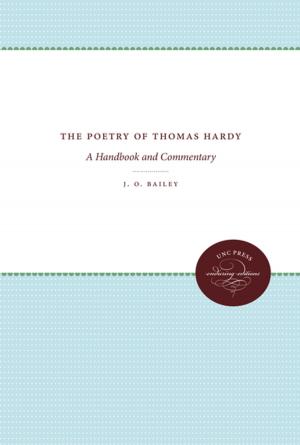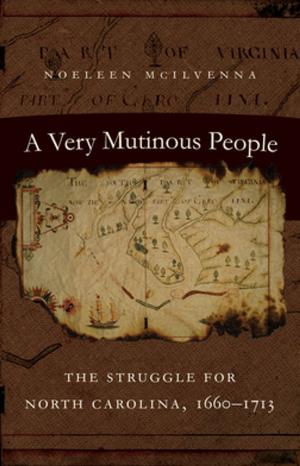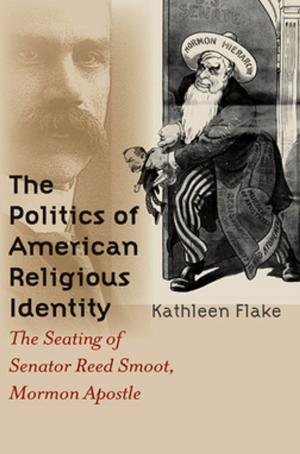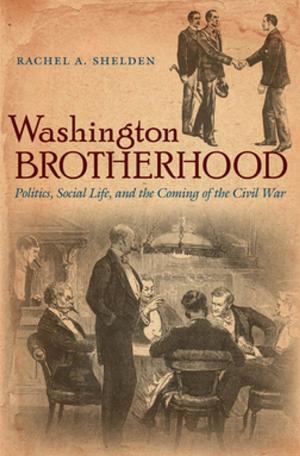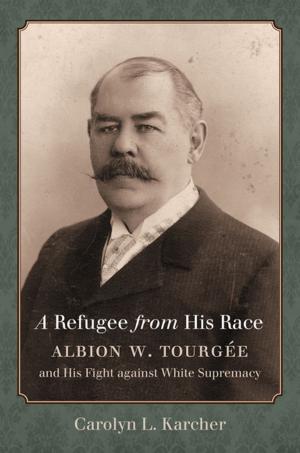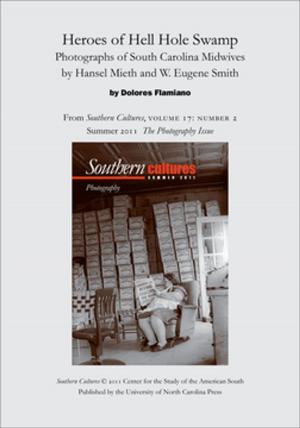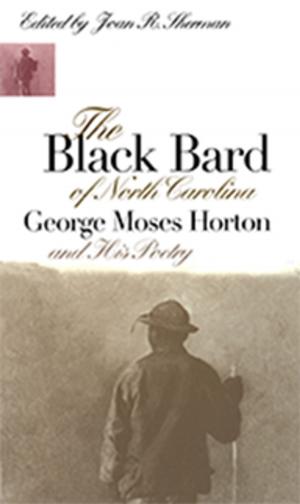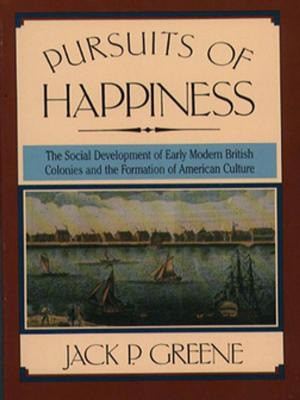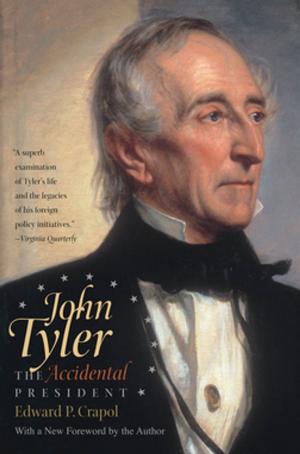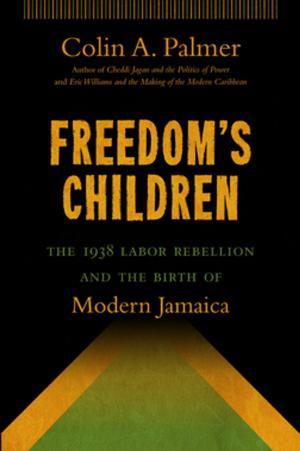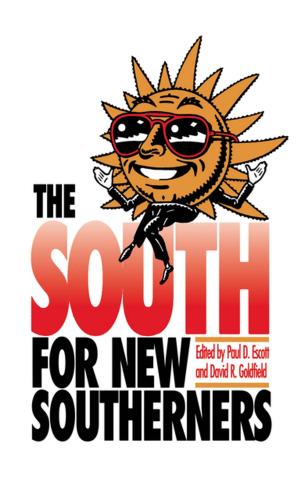Roots of Conflict
British Armed Forces and Colonial Americans, 1677-1763
Nonfiction, History, Americas, United States, Colonial Period (1600-1775)| Author: | Douglas Edward Leach | ISBN: | 9780807898796 |
| Publisher: | The University of North Carolina Press | Publication: | June 15, 2010 |
| Imprint: | The University of North Carolina Press | Language: | English |
| Author: | Douglas Edward Leach |
| ISBN: | 9780807898796 |
| Publisher: | The University of North Carolina Press |
| Publication: | June 15, 2010 |
| Imprint: | The University of North Carolina Press |
| Language: | English |
This lively book recounts the story of the antagonism between the American colonists and the British armed forces prior to the Revolution. Douglas Leach reveals certain Anglo-American attitudes and stereotypes that evolved before 1763 and became an important factor leading to the outbreak of the Revolutionary War.
Using research from both England and the United States, Leach provides a comprehensive study of this complex historical relationship. British professional armed forces first were stationed in significant numbers in the colonies during the last quarter of the seventeenth century. During early clashes in Virginia in the 1670s and in Boston and New York in the late 1680s, the colonists began to perceive the British standing army as a repressive force.
The colonists rarely identified with the British military and naval personnel and often came to dislike them as individuals and groups. Not suprisingly, these hostile feelings were reciprocated by the British soldiers, who viewed the colonists as people who had failed to succeed at home and had chosen a crude existence in the wilderness. These attitudes hardened, and by the mid-eighteenth century an atmosphere of distrust and suspicion prevailed on both sides.
With the outbreak of the French and Indian War in 1754, greater numbers of British regulars came to America. Reaching uprecedented levels, the increased contact intensified the British military's difficulty in finding shelter and acquiring needed supplies and troops from the colonists. Aristocratic British officers considered the provincial officers crude amateurs -- incompetent, ineffective, and undisciplined -- leading slovenly, unreliable troops. Colonists, in general, hindered the British military by profiteering whenever possible, denouncing taxation for military purposes, and undermining recruiting efforts. Leach shows that these attitudes, formed over decades of tension-breeding contact, are an important development leading up to the American Revolution.
This lively book recounts the story of the antagonism between the American colonists and the British armed forces prior to the Revolution. Douglas Leach reveals certain Anglo-American attitudes and stereotypes that evolved before 1763 and became an important factor leading to the outbreak of the Revolutionary War.
Using research from both England and the United States, Leach provides a comprehensive study of this complex historical relationship. British professional armed forces first were stationed in significant numbers in the colonies during the last quarter of the seventeenth century. During early clashes in Virginia in the 1670s and in Boston and New York in the late 1680s, the colonists began to perceive the British standing army as a repressive force.
The colonists rarely identified with the British military and naval personnel and often came to dislike them as individuals and groups. Not suprisingly, these hostile feelings were reciprocated by the British soldiers, who viewed the colonists as people who had failed to succeed at home and had chosen a crude existence in the wilderness. These attitudes hardened, and by the mid-eighteenth century an atmosphere of distrust and suspicion prevailed on both sides.
With the outbreak of the French and Indian War in 1754, greater numbers of British regulars came to America. Reaching uprecedented levels, the increased contact intensified the British military's difficulty in finding shelter and acquiring needed supplies and troops from the colonists. Aristocratic British officers considered the provincial officers crude amateurs -- incompetent, ineffective, and undisciplined -- leading slovenly, unreliable troops. Colonists, in general, hindered the British military by profiteering whenever possible, denouncing taxation for military purposes, and undermining recruiting efforts. Leach shows that these attitudes, formed over decades of tension-breeding contact, are an important development leading up to the American Revolution.

